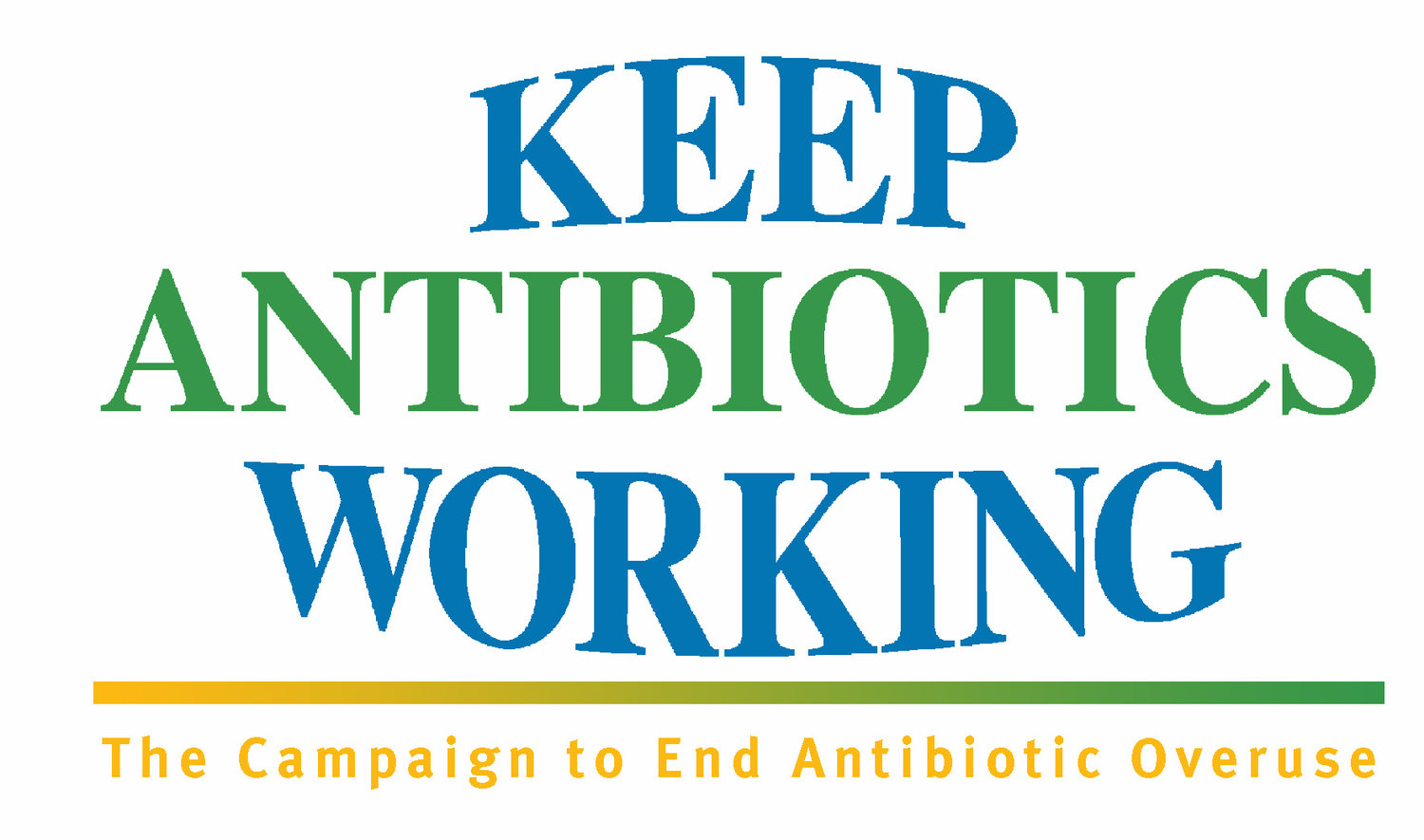CDC on the lost progress combating antibiotic resistance due to the COVID-19 pandemic. For FDA, there are no goals so no setbacks.
STEVE ROACH, SAFE & HEALTHY FOOD PROGRAM DIRECTOR, FOOD ANIMAL CONCERNS TRUST
In addition to the terrible burden on health caused by the COVID-19 pandemic directly, the pandemic also set back efforts to address the public health crisis of antibiotic resistance. In the U.S., there are over 3 million illnesses caused by resistant infections each year. Globally, resistance is a leading cause of death. The U.S. Centers for Disease Control and Prevention (CDC) recently reported increases in resistant hospital infections and deaths, increased antibiotic use, and disruptions in the monitoring of resistant infections caused by the pandemic. These are all bad things. Increased antibiotic use is bad because it leads to more resistant infections. Disruptions in the monitoring system hinder our ability to correct problems before they get out of hand. These increases came after years of progress on reducing resistant infections in hospitals, lowering antibiotic use, and improvements in tracking. CDC rightly considers the pandemic impacts on antibiotic resistance as a set-back to public health that must be reversed not an excuse for things going wrong. CDC is calling for increased efforts to prevent illness as its primary response to this setback.
CDC’s view of the increases in antibiotic use and resistance associated with the pandemic as a problem to be overcome is in contrast to how the U.S. Food and Drug Administration (FDA) and animal agriculture industry advocates describe potential disease threats in animals. FDA has rejected calls by public health advocates, including Keep Antibiotics Working, to set reduction targets for use of antibiotics in food animals as is done for use in U.S. human medicine and for use in food animals in other countries. One of FDA’s and the animal agricultural industry’s major argument against setting reduction targets is that antibiotic use may need to go up if there is a new disease threat. This position was clearly illustrated in a recent report on antibiotic use data collection in animals prepared by the Reagan-Udall foundation in partnership with the FDA. The report describes it as a problem when the public associates ‘high’ use of antimicrobials with ‘bad’, and similarly associate[s] ‘low’ use of antimicrobials with ‘good’.
Paul Plummer DVM, PHD from Iowa State University expressed this position in a webinar discussing the Reagan-Udall foundation report where he used the COVID-19 linked increases in antibiotic use in humans as an example of how context matters so we cannot expect antibiotic use to always go down (with the implication that this means we should not hold animal industry accountable for failure to reduce use or even discuss use reduction). In doing this, his position is clearly at odds with the CDC who view the COVID-19 linked increases in a use as a major setback.
For the food animal sector, there can be no setbacks when it comes to antibiotic use because there is no expectation that use should go down. For the FDA and the U.S. Department of Agriculture (USDA) even discussing reducing antibiotics use in animals is forbidden and the more industry friendly “reducing the need for antibiotics” is as close as they will get. This is all about avoiding accountability. The U.S. needs antibiotic reduction targets for all sectors including animal agriculture, so we can know when there are setbacks and take action when they occur.
